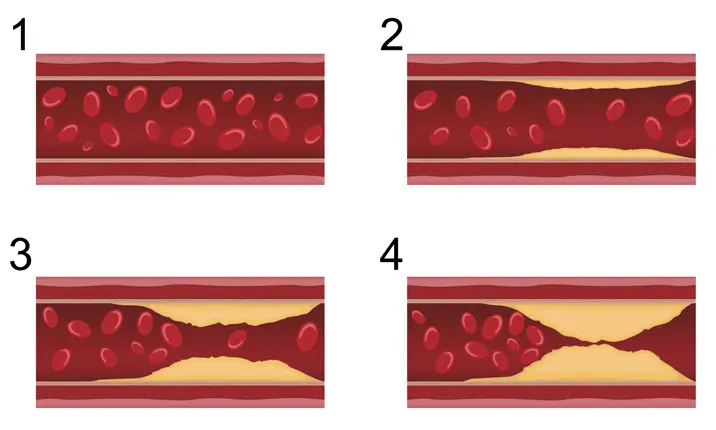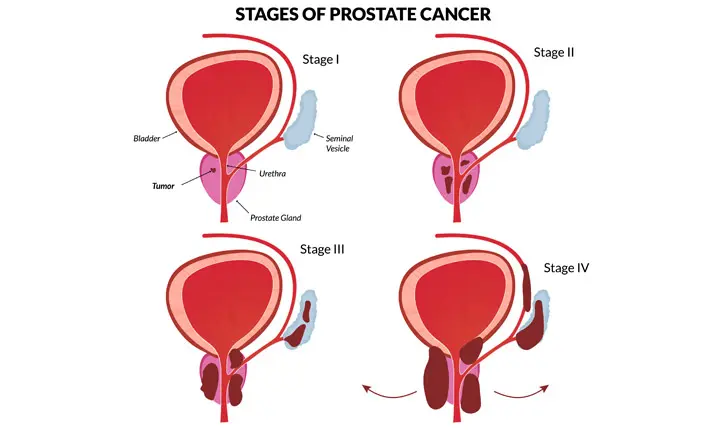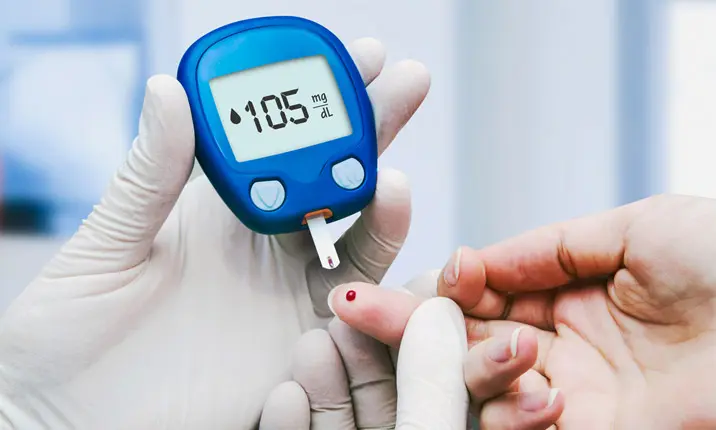Coronary Artery Disease of the Heart (CAD)
CAD is a leading cause of death worldwide for both men and women. However, men tend to be at a higher risk of CAD, and it affects them much earlier in life.
Facts about CAD
- Atherosclerosis is the disease process in CAD, where plaque builds up in the arteries.
- High blood pressure, high LDL-cholesterol levels, poorly controlled diabetes mellitus and smoking are some of the established major risk factors of atherosclerosis.
- Vascular plaque within diseased arteries can lead to acute myocardial infarction / 'heart attack' which can potentially be fatal.
Symptoms of CAD
- Chest pain/tightness
- Dizziness/syncope
- Unexplained leg swelling
- Breathless when lying flat
- Irregular heart beat/palpitations
- Shortness of breath
- Nausea and intractable vomiting
- Reduced effort tolerance
- Unexplained fatigue
If you are experiencing any of these symptoms, consider a health screen or consultation with your doctor. If you have chest pain, shortness of breath, dizziness that is of sudden onset you should either go down to your nearest UCC or urgently consult your doctor as it could be a sign of severe heart disease.
Staying heart healthy
Men can protect themselves from heart disease by taking steps to stay healthy. Schedule regular check-ups and monitor your blood pressure, maintain good diabetic control and watch cholesterol levels. Get plenty of exercise (but be sure to do so in a progressive manner) and maintain a healthy diet. Quitting smoking and reducing alcohol consumption will also reduce risks of CAD.
Prostate Cancer
The prostate is a gland that is below the bladder and is responsible for producing part of the liquid component of semen. Only men have prostate. Prostate cancer has become the 3rd most common cancer in Singaporean men.
Facts about prostate cancer
- Cancer is the development of abnormal cells that can multiply uncontrollably to form growths or tumours in the body. These tumours can then invade organs, spread and eventually cause death.
- Prostate cancer is one of the most common cancers in men.
- Many prostate cancers are slow growing.
- Prostate cancers vary in aggressiveness.
- Prostate usually occurs in men older than 50 years of age.
- Although uncommon, prostate cancer can be hereditary.
- Early stage prostate cancers with low aggressiveness can be managed with active surveillance, especially in the elderly.
- Aggressive prostate cancers should be treated.
- These cancers, when discovered early can be completely eradicated, thus making early detection important.
Symptoms of prostate cancer
- Early prostate cancer has no symptoms
- Thus the importance of early screening and detection
Detecting prostate cancer
It's important to note that prostate cancer often presents without any noticeable symptoms. Doctors recommend regular prostate examinations because early detection plays a big part in successful treatment.
Diabetes
Diabetes is a growing health concern for both men and women. Poorly controlled diabetes can adversely affect a man's testosterone level and cause impotence and infertility. Men (and women) who are significantly overweight have a much higher risk of developing diabetes, which is why it is important to maintain a healthy, balanced diet.
Facts about diabetes
- Diabetes is a metabolic disorder affecting the body's blood sugar levels.
- Type 1 diabetes is also known as insulin dependent diabetes. Its main pathophysiology is an absolute decrease in insulin production, where patients require insulin injections in order to survive. Insulin is required to drive glucose into the cells instead of just staying in the blood.
- Type 2 diabetes occurs when your body builds up a resistance to insulin. For example, increasing weight gain can cause blood sugar levels to rise.
- High blood sugar may lead to vasculopathy and neuropathy that can result in blindness, CAD, peripheral vascular diseases, and even heart attack and stroke.
- While many of the symptoms are the same for men and women, men can suffer additional complications such as loss of muscle mass, erectile dysfunction, and infection of the male genitalia.
Symptoms of diabetes
- Increased hunger or thirst
- Unexplained weight loss
- Fatigue
- Vision problems
- Non-healing ulcers of the extremities
- Frequent need to urinate
Please note that in mild to moderate diabetes, there might not be any symptoms at all. In fact about 50% of those with diabetes do not know they are suffering from the disease.
Preventing diabetes
In most cases, diabetes can be avoided, or at least delayed with exercise, a healthy balanced diet, and maintaining a healthy body weight. A sedentary lifestyle has been identified as one of the leading causes of type 2 diabetes, so an active lifestyle can make a difference.

















